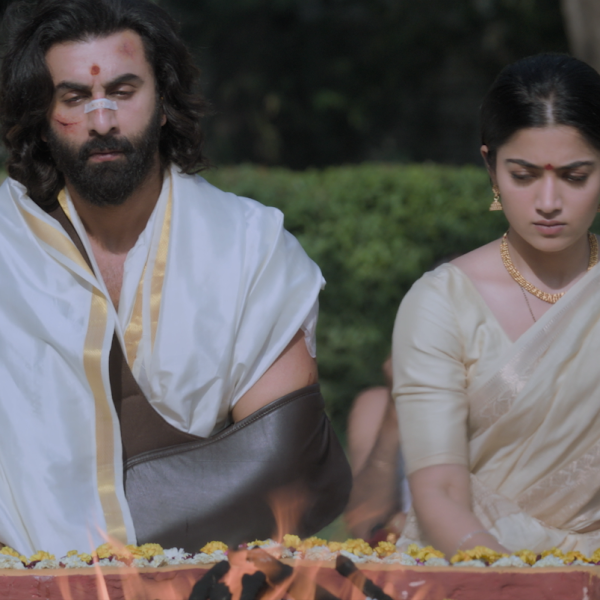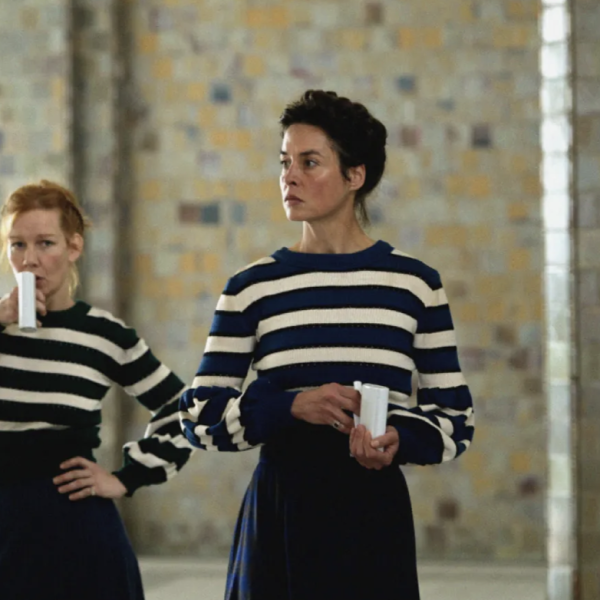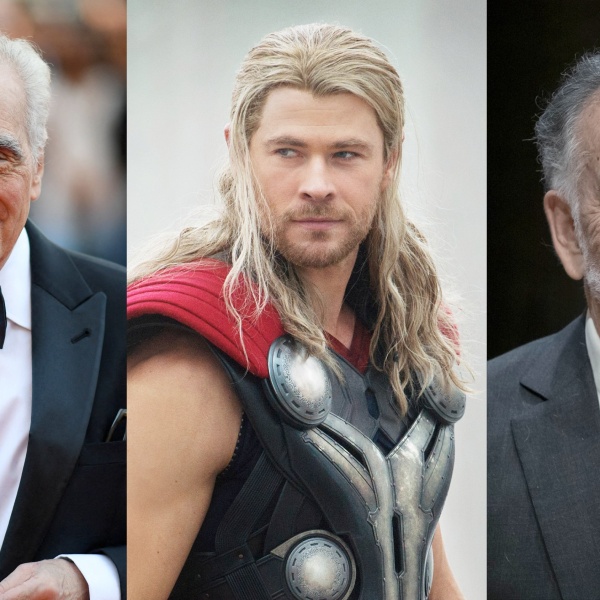Shonda Rhimes wasn’t dazzled by the discourse surrounding “Barbie.”
The “Bridgerton” producer told Variety that while being behind documentary “Black Barbie” and even getting her own Mattel doll in her honor, she was less than thrilled about the pressure that audiences and critics put on Greta Gerwig’s “Barbie” to make a profound cultural statement.
“I saw the ‘Barbie’ movie at home,” Rhimes said before saying “no comment” as to whether she enjoyed the film or not.
“If you’re expecting a ‘Barbie’ movie, then I thought it was great,” Rhimes said. “But I think a lot of people were expecting so much more, and then tried to make it so much more. There was nothing wrong with the movie; I thought it was totally delightful. But the weight people put on a movie about Barbie was very interesting to me. […] But, yeah, I think that people wanted it to be sort of this feminist manifesto that it doesn’t need to be.”
Writer/director Gerwig being snubbed in the Best Director category at the Oscars, as well as lead star Margot Robbie not landing an acting nomination (though she received a Best Picture nomination as a producer), was deemed by certain fans and critics to be indicative of a present patriarchy. Rhimes meanwhile is reminding audiences that “Barbie” is just a film about a doll — not the state of feminism worldwide.
“I’ve heard the song ‘I’m Just Ken’ in my house every single day because one of my kids sings it all the time,” Rhimes said, adding of the Mattel legacy, “I think there’s something really powerful about it. I played with those dolls when I was a kid. We also had just a very interesting opportunity to add to that documentary, and to provide a lot more content and context. We have added interviews [to documentary ‘Black Barbie’]; we’ve been inside Mattel.”
Rhimes isn’t the only filmmaker to speak out about “Barbie.”
Oliver Stone initially called the movie an “infantilization” of filmmaking before watching it. Stone later apologized after seeing “Barbie,” adding that he “appreciated the film for its originality and its themes” and “found the filmmakers’ approach certainly different than what I expected.”








